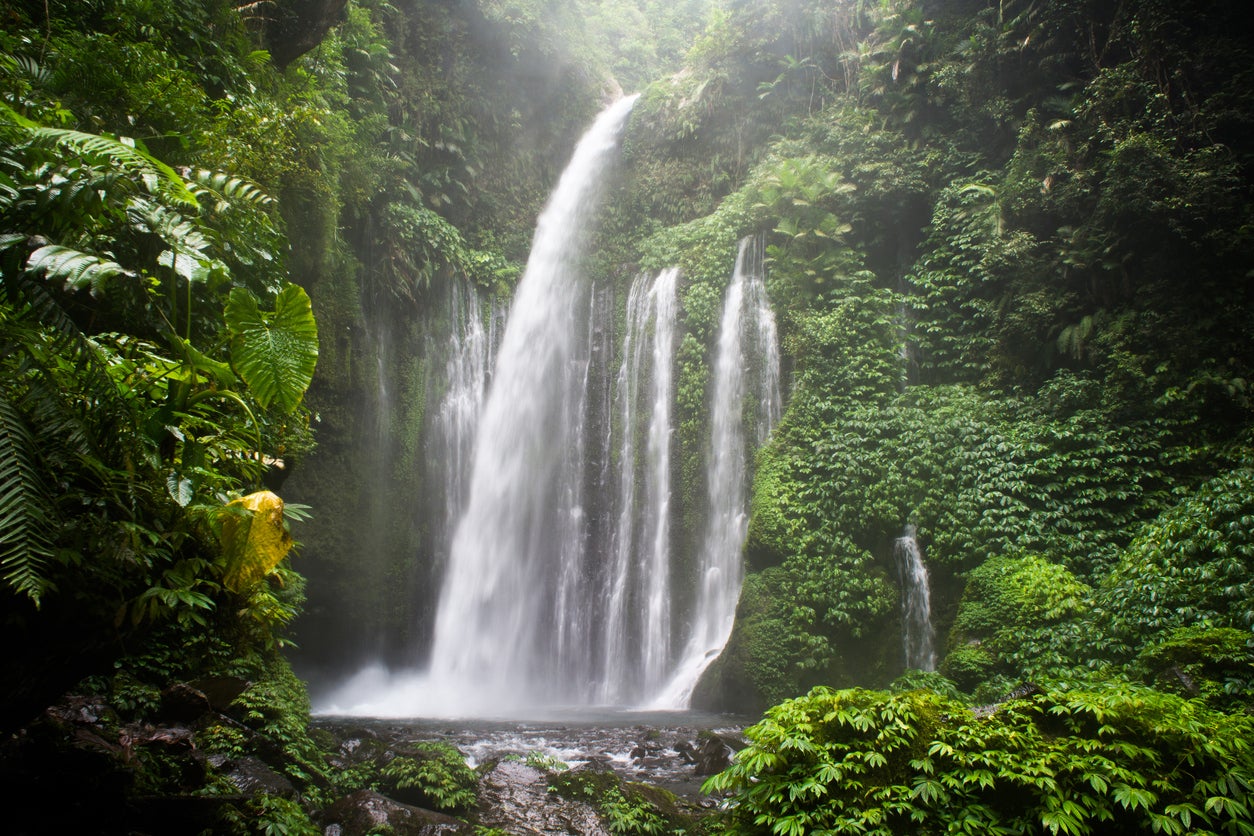“The closest thing I’ve ever seen to Eden” – this is how award-winning actor Sam Neill describes Bali, and for many years the Indonesian island – one of 17,000 – has been a paradisiacal getaway for famous folk and the rest of us civilians.
But the past few years have seen its idyllic reputation begin to tarnish. Its oh-so-attractive beaches are suffering: due to waste management issues, much of the country’s 300,000 tons of plastic waste end up on its beaches or in waterways. Often you’ll see reports of unruly tourists violating holy sites, drink driving and causing fatal road accidents.
In 2023, 5.2 million people descended on Bali looking to experience its alluring blend of desert island vistas, hospitality for all budgets, world-class scuba diving and heady nightlife. By August of that year, 213 of those visitors had been deported for inappropriate behaviour. Today, the streets of Seminyak are still bustling, with bars of every kind doing a roaring trade alongside boutique fashion outlets and somewhat bawdy souvenir shops.
I stayed in the city earlier this year, on the way to Lombok, Bali’s sister island, which is just a 90-minute ferry ride away. Of similar size but with fewer inhabitants, Lombok possesses Indonesia’s mix of intricate temples, tropical climate and earthbound beauty, yet without the excessive crowds and inflated costs of its neighbour.
Despite its proximity to Bali, mainland Lombok – unlike the popular partying and diving destination of the Gili Islands – is often overlooked by tourists, despite the country’s efforts to attract such clientele. The tourism industry began to blossom in the 1980s, but took a hit in the late 90s when a financial crisis and political unrest destabilised the region.
Read more on Asia travel:

It began growing again in 2010. Then, in August 2018, a 6.9 magnitude earthquake struck the island, followed by a tsunami, killing over 500 people and collapsing residences and resorts across much of the north. Subsequent years saw incremental revival attempts, but then Covid hit. According to Tanmay Vaidya, general manager of The Oberoi Beach Resort, Lombok, this duo of disasters set the country’s hospitality industry back “20 years”.
But now, Lombok is on the way up.
Since the pandemic, the country has…
Click Here to Read the Full Original Article at The Independent Travel…
